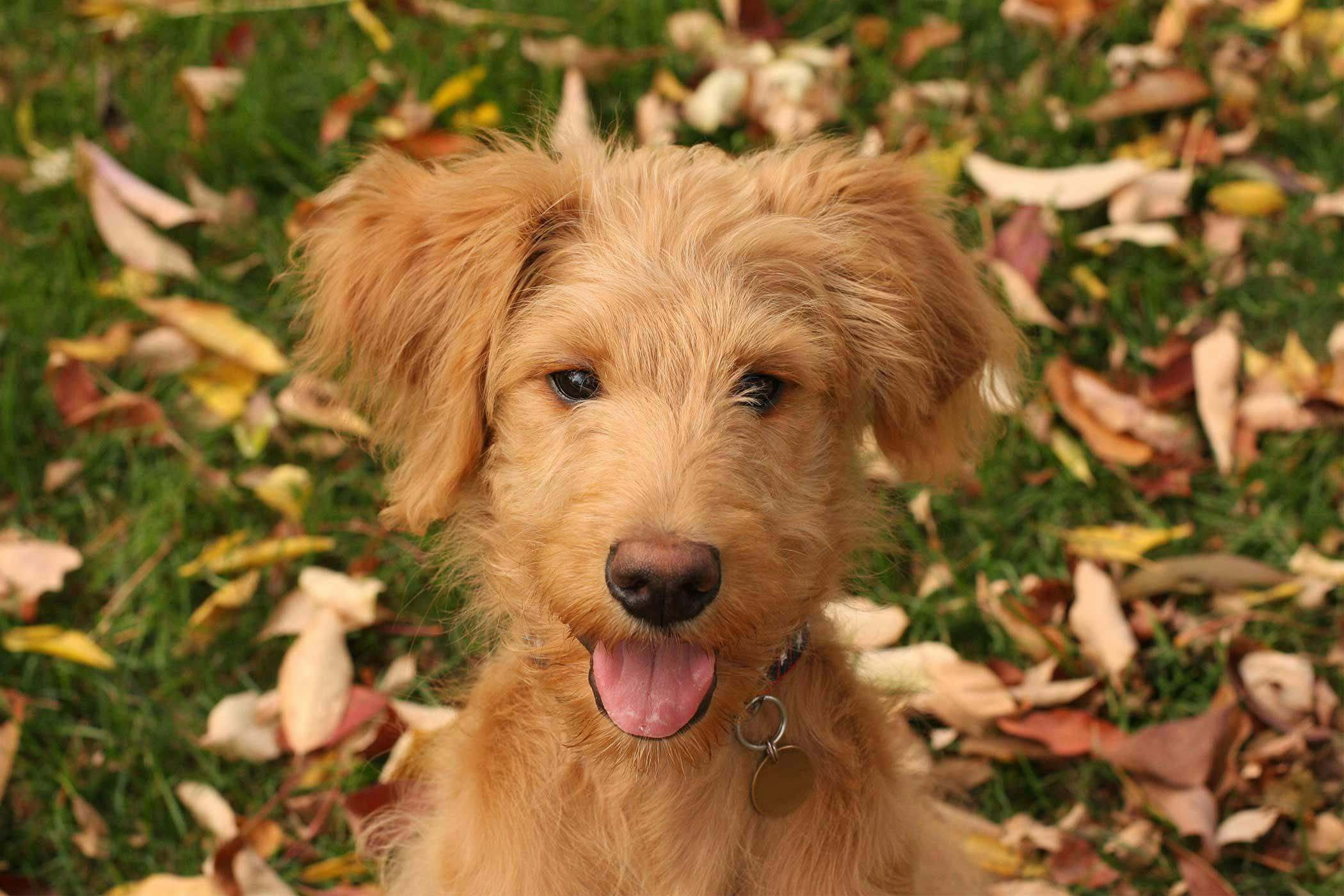Some Tips For Dog Buyers And Owners.

Are you looking for help and advice around Pets?
Expert Advice About Dogs That Can Really Help You!
When you are trying to find a dog, you may imagine a sweet dog that sleeps right next to you and happily tags along all day. What you end up with may be a different story. That said, you have to train it to be what you want. Read on to learn what else you need to know:
If you are in the market for a new puppy, make sure you will have enough time to devote to his training. On average, you need to take a young dog outside to do his business eight times a day and that can take a lot away from your schedule. Training takes more time and patience than most people realize.
If you notice your dog gets dry skin in the winter, you probably need to brush him or her more often. Doing so will get rid of old fur and help get their oil glands working properly. Try brushing once in the morning and once in the evening to see if it makes a difference for your pet.
Keep your dog at a healthy weight. Plenty of dogs are overweight, and just like humans, this can lead to health issues. People tend to overfeed their dogs, and many also feed them table scraps. A dog doesn't need as many calories as most people think; talk to your vet about how much you should feed him each day, and what food is most suitable. A vet will advise you based on his size, age and lifestyle.
Make sure your pet has time each day to stretch his legs and move around. Dogs need game time and regular exercise to keep them mentally and physically healthy and happy. Whether you decide to take the dog for a walk or if you're just playing fetch, it will benefit both of you. You will thus offer necessary exercise, but will also build strong bonds with the animal.
Genuine meat bones may be tempting, but it's best to stick to rawhide. Real bones can splinter and can get caught in your dog's mouth or digestive tract. Rawhide is a healthy alternative and will help keep your dog's teeth clean as he satisfies his need to chew.
If you notice your dog gets dry skin in the winter, you probably need to brush him or her more often. Doing so will get rid of old fur and help get their oil glands working properly. Try brushing once in the morning and once in the evening to see if it makes a difference for your pet.
Take the time to train your dog on a leash. Your pet shouldn't be ahead of you, behind you, or anywhere that isn't by your side. They should also answer correctly when you say "heel". Walking like this can keep them safe and help you enjoy walks too. When you dog understands the command to heel, you can relax occasionally and walk with a loose leash without having your arm pulled off.
Groom your dog frequently. Keep them clean and reduce the amount of hair they shed by brushing them frequently. When the weather warms up, start checking them for ticks and fleas daily. Dogs generally require a few baths a year. Before you give your dog a bath, make sure to cut or comb out mats and tangles. Rinse their coat thoroughly to avoid dirt sticking to any soap residue.
Timing is key when bringing your dog home. Try to introduce him to his new home over the weekend or when you have a couple of days off. Take the time to get to know one other - this will make him feel much more comfortable when he has to spend time in the home alone. Also, if you have children, make sure that they don't overwhelm him at first. If you have other pets in the house, be extra cautious when introducing the new arrival.
If your dog is in heat, be careful if you want her to not end up pregnant. Males can detect the scent from miles away. She could also cause fighting among other dogs, along with becoming pregnant with an unwanted litter of unknown origin.
Be strong when the time comes to say goodby to your beloved dog. Many owners keep the animal suffering to keep them in their lives and that's not fair to the dog. Consult with your vet, then talk it over with family. If it's time to part ways with your dog, do what's best for him.
You may not have known that some vitamins can harm your dog. If your dog already has a good diet, avoid giving him supplements. You can cause damage to your dog's joints, bones and circulatory system with excessive vitamins. Always seek your vet's advice before giving supplements to your dog.
You should talk to your veterinarian about microchip IDs. Your contact information can easily be stored inside a microchip and most veterinarians or shelters own a scanner they can use to scan the microchip. This will greatly increase your chances of getting your dog back in case it gets lost.
When you are finding out what kind of dog you want to get, you might want to introduce the prospective pet to your current pet. Most dogs enjoy another dog's company, but some dogs do not get along. Finding dogs that are compatible is a good way to save yourself hassle and heartache.
Make sure that you're feeding your dog a good quality food. Most dog foods available at your grocery store are mainly made up of grains or corn. Instead of this, you should try to find a dog food that is mostly made of meat. Foods that are high quality can provide you with many benefits, such as having a healthy pup, less vet visits, and your dog's coat will shine more.
Think about the changes your life will undergo, such as vacation and special events, before choosing to bring a dog into your life. It is very normal to desire a dog as a pet, but it is hard to be a responsible dog owner.
If you are trying to teach your dog some basic commands, one of your first ones should be a recall. Everyone wants their dog to return to them when called for. If you have a solid recall for your dog, you will not have to worry about chasing your dog down it manages to get outside. It should come back to you when you use your recall word.
After reading the tips, you should have a good understanding of the kinds of tasks you can undertake to care for your dog. You can always make improvements, so make sure you put the tips into practice. When you start seeing results, you'll be glad that you did, and your dog will be happy too.
Miniature Labrador: The Smallest Labrador Retriever
A mini labrador? What kind of special breed is it that makes our beloved Lab appear in miniature form? If you’ve heard about the smallest Labrador Retriever lately and are wondering what this craze is about, this article will surely help you.
So let’s first deal with the question of what the smallest Labrador Retriever actually is…
What is a Mini Labrador?
A Miniature Labrador is a special breed of Labrador that only reaches a size of 40 to 45 cm. The Miniature Labrador does not differ from a normal Labrador except for the size. Its friendly nature and family-friendly character are the same.
Miniature Labrador Retrievers aren’t actually a breed of dog in their own right.
They exist because resourceful breeders bred them so small. Incidentally, with questionable methods and a number of possible problems that the dogs and their owners can face later.
Unlike other dog species, there are actually no Labradors in miniature format. Especially not as a recognized breed, as is the case with schnauzers, poodles or dachshunds, where there are actually recognized “teacups” or “mini” breeds.
Mini Labrador Retriever Size
A Mini Labrador Retriever usually does not grow taller than 40 cm to 45 cm. With basic How Many Toys Should A Puppy Have reach a maximum weight of up to 20 kg.
So they are not quite as small as one would imagine. A dog with a size of 45cm also needs space, a means of transport in the car and is by no means a sofa buddy like the very small dogs.
Miniature Labrador Experiences
There are no real long-term experiences with miniature Labrador Retrievers. The breeding of this Labrador Mix is simply too new for that.
However, there are very controversial discussions about how artificial small-scale breeding affects the health of dogs and what problems they will have to endure in their development later on.
To understand this a little better, one has to look at how miniature Labradors are bred in the first place.
How are miniature Labrador Retrievers bred?
Now comes the part of the article that I’m going to make a lot of enemies with.
Namely with the breeders who currently breed and offer Miniature Labradors.
The reason for this is relatively simple: As a visitor to my blog and dog lover, I can only explain to you what the reality is when breeding miniature Labradors.
I can neither speak nicely nor approve it.
Breeders use the small stature of the parent animals
Short stature occurs not only in humans, but also in dogs. It actually results from a genetic flaw that causes bone growth to slow down significantly.
End of the story: Too little bone growth = short legged Labrador Retriever.
I’ll explain it in a very simplified way and one or the other breeder will probably scold me. *wink*
Miniature Labradors are bred by crossing two Labrador Retrievers that have this exact genetic disorder. If both parents have a natural short stature and pass this on in their genes to the next generation, in the end a puppy is born that never reaches the full size, but remains a short legged Labrador Retriever.
If you were to do that with people, there would be a huge social outcry. And rightly so!

Nobody would dismiss that with a “but they are so cute”.
Crossbreeds with small breeds of dogs
There is a second variant that breeders use to be able to breed the smallest Labrador Retriever at the end of the day.
And that is mating with smaller breeds of dogs. A Labrador Retriever is crossed with a smaller but similar breed of dog.
In the end a smaller dog is born, but it is not purebred. To offer this dog as a pure-bred “Miniature Labrador” would almost be a deception. Because he is not purebred.
In addition, this type of breeding can lead to diseases and long-term consequences that do not make your four-legged friend’s life more pleasant.
Health Risks for the Smallest Labrador Retriever
By now we’ve talked a lot about the potential health hazards of Miniature Labs, but I haven’t pointed out any possible consequences directly to you.
Labradors are inherently a breed of dog that presents relatively few health problems.
Mini Labradors are very special breeds that bring a few risks.
https://petsroof.com/smallest-labrador-retriever/
I discovered that write up on Dogs while perusing the web. Sharing is good. You just don't know, you may be helping someone out. We value your readership.
